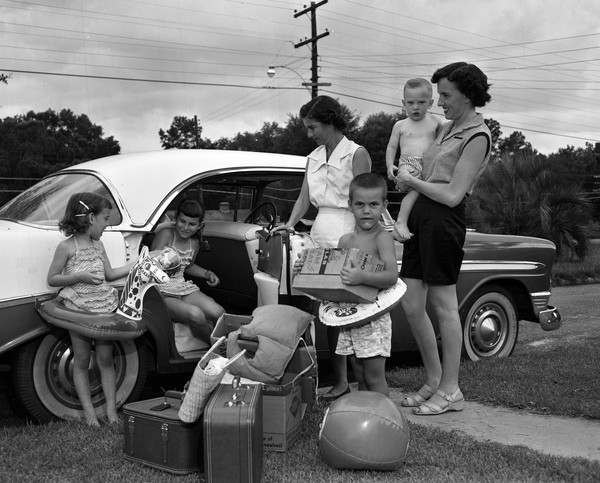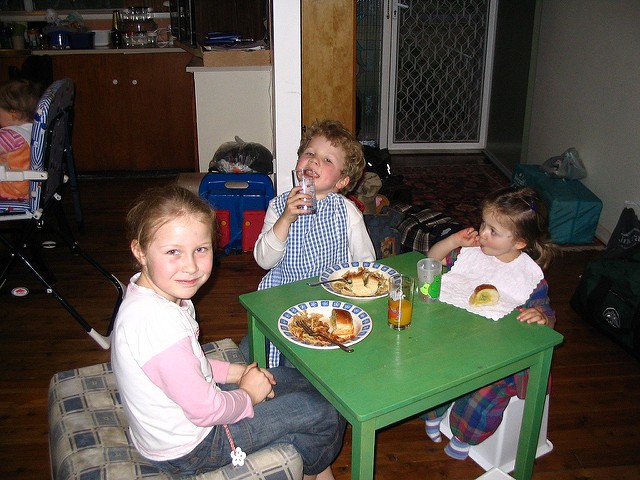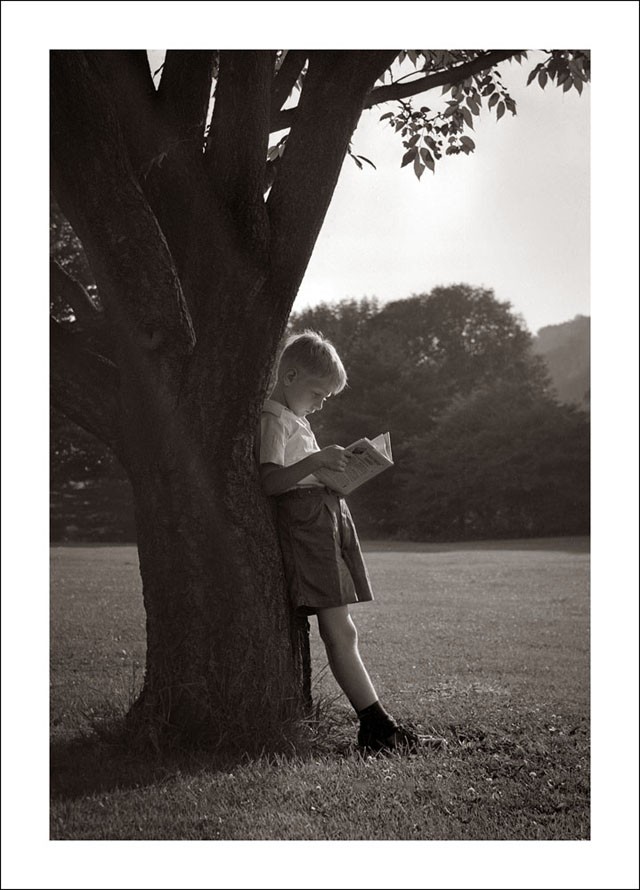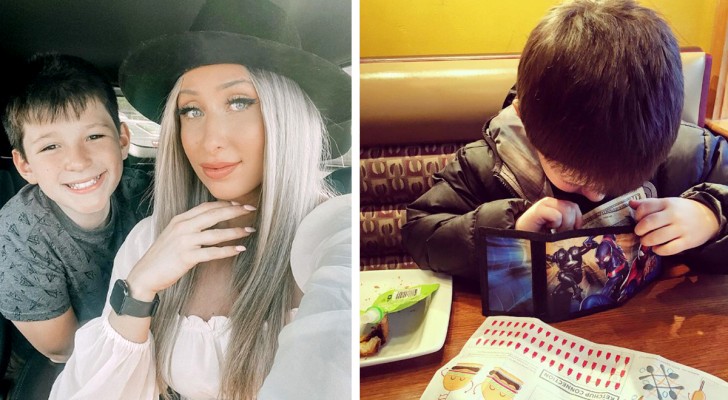12 rules of good manners and politeness that are no longer used today

How many times did you hear from your grandparents that "children today ..." are different, and that "in their time ..." people had better manners?
Probably often; and it is possible that you also often reacted by rolling your eyes disrespectfully for a few seconds.
Until the day arrived when you were all grown up, and while observing some kids, similar words - but with the same meaning - came out of your own mouth!
It is inevitable that times change, and so also do the customs, traditions, and intergenerational relationships; yet this does not justify the loss of politeness and good manners.
Here below are some of the basic rules regarding good manners with which most of us adults were raised, and which we often miss.

- 1. The golden rule. The principle that governed any social relationship was carved into the marble of our minds: "Do not do to others what you do not want to be done to you".
- 2. The magic words. There were no orders or demands that came from children, so every request was accompanied by the word "Please", and every concession was greeted with the words, "Thank you".
- 3. A formula of respect. To strangers and to all the adults who were seen as having positions of authority, we addressed them with "ma'am" or "sir".
- 4. Never argue with an adult. Disobeying a parent's order or questioning the validity of their words meant incurring a memorable punishment.

Michael and Franzie Nelson/flickr
- 5. Elbows. Invariably, elbows tended to end up resting on the dinner table; and invariably the mother or father usually required their child to remove them immediately from the table!
- 6. Forgiveness. The condition to cleanse oneself from all guilt and be readmitted among the "righteous" was to ask for forgiveness; any other way of justifying or explaining one's actions would only prolong the punishment.
- 7. Permission. It was necessary to ask permission for a lot of things such as getting up from the table before the others, going to the bathroom, going out to play with friends in the neighborhood, etc.
- 8. The appropriate greeting. There was no universal "Hi", if not among peers and friends in the park, but all adults were greeted with "Good morning", "Good afternoon' and "Good evening". Understanding when it was the right time of the day to use the proper greeting was not very complicated.

- 9. Wearing a hat or cap. Entering a closed place, such as a building, children and men had the obligation to take off their hat or cap. And the same rule was used in every other situation that required respect, such as talking to a policeman or saying a prayer.
- 10. The conditional. Now, using the conditional in this way, may be unfamiliar to many and it is, unfortunately often confused with the subjunctive, but once it was the principle verb form used to formulate every request. "Could I ...?" never "Can I ...?".
- 11. Do not interrupt adults. When adults were talking or speaking, it was necessary to wait for a break or pause in their conversation or speech to be able to tell them something.
- 12. Giving up your seat. On the bus or on the train, we always got up to give our seat to an older person if there were no other seats available for them; no one tried to look the other way, and neither did the older person have to ask for our seat.
Maybe, today, someone thinks that these rules are too strict; yet whole generations have followed them and practiced good manners, and it does not seem that these basic rules have damaged anyone. Do you miss them, too?





